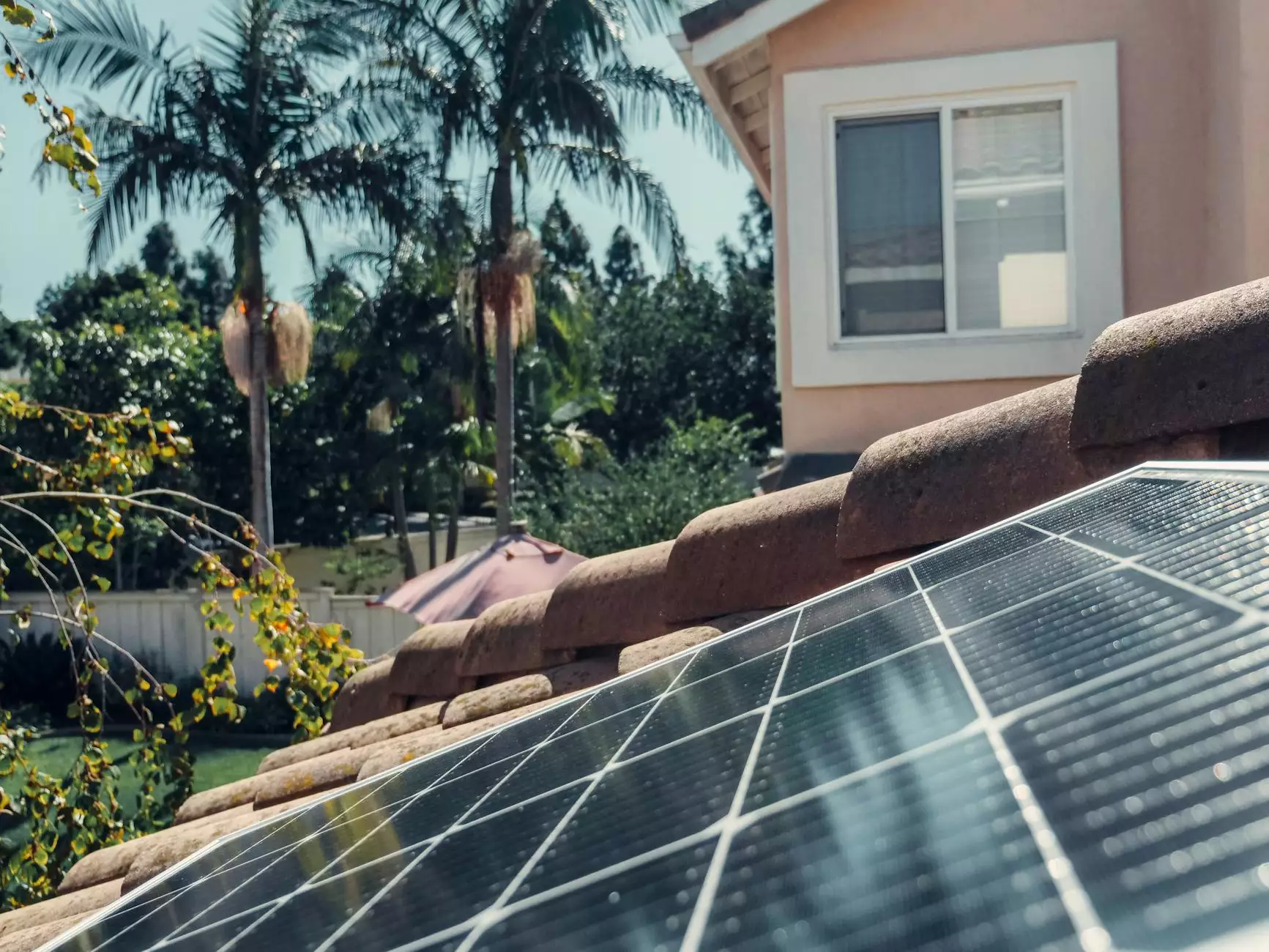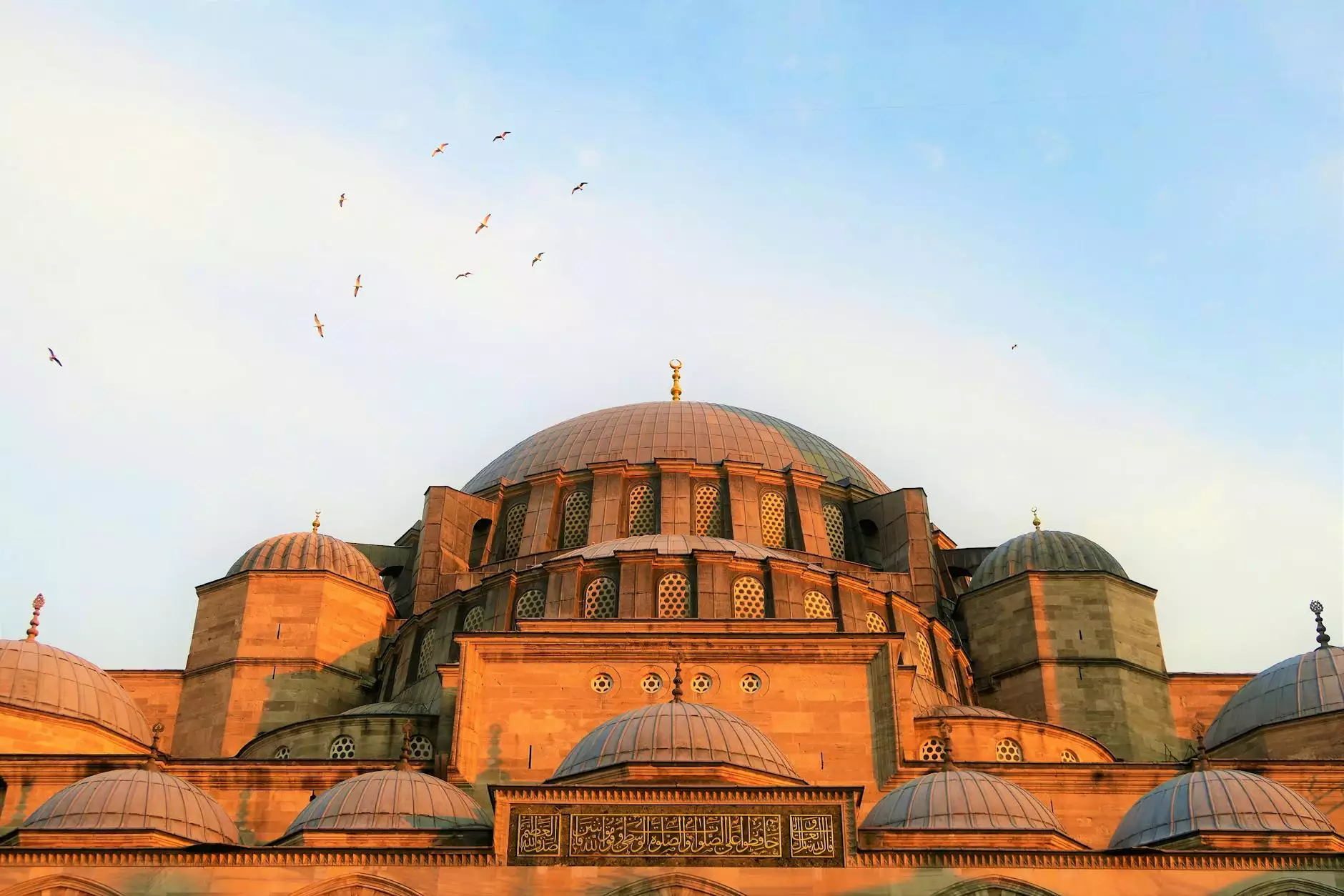Eid ul Adha Prayer Time in Sharjah: Embracing Tradition and Community

The city of Sharjah is a hub of culture, tradition, and community spirit, especially during significant Islamic events like Eid ul Adha. This article aims to provide you with comprehensive insights into the Eid ul Adha prayer time in Sharjah and its profound importance in the local Muslim community.
Understanding Eid ul Adha: Importance and Significance
Eid ul Adha, also known as the "Festival of Sacrifice," is one of the most important religious holidays celebrated by Muslims worldwide. It commemorates the willingness of Prophet Ibrahim (Abraham) to sacrifice his son as an act of obedience to God's command. This event, which is rooted in the Islamic belief system, teaches profound lessons about faith, sacrifice, and the essence of community.
This festive occasion occurs in the month of Dhu al-Hijjah, shortly after the Hajj pilgrimage, and spans across three days. In Sharjah, the celebrations are marked by community prayers, festive meals, and acts of charity, highlighting the values of unity and generosity.
Eid ul Adha Prayer Times in Sharjah
Finding the correct prayer time for Eid ul Adha in Sharjah is essential for followers who wish to partake in the communal prayers. Typically, the Eid prayers are held in mosques and open fields to accommodate large gatherings. The prayer time usually occurs after the sun has risen and is often a highly anticipated moment that marks the beginning of the festivities.
General Timing for Eid ul Adha Prayers
- Date: Typically, Eid ul Adha occurs on the 10th day of Dhu al-Hijjah.
- Time: In Sharjah, prayers usually begin between 6:00 AM and 7:30 AM; however, the exact time may vary each year.
- Location: Holders of prayers typically include local mosques, parks, and large fields designated by local authorities.
It is advisable to check with local mosque announcements or community boards for the precise timings as the date approaches.
Where to Attend Eid ul Adha Prayers in Sharjah
Sharjah boasts numerous mosques and prayer grounds that cater to the community during Ramadan and Eid celebrations. Here are some prominent locations for attending the Eid ul Adha prayer in Sharjah:
- Al Noor Mosque: One of the most famous mosques in Sharjah, offering a beautiful space for large congregations.
- King Faisal Mosque: Known for its welcoming atmosphere, this mosque can accommodate many worshippers.
- Sharjah Cricket Stadium: Often designated for outdoor prayers due to its vast space.
- Various Neighborhood Mosques: Smaller mosques in residential areas also host prayer services and community gatherings.
Preparing for Eid ul Adha
As the joyous occasion nears, there are several ways individuals and families prepare for Eid ul Adha. These preparations not only enhance the celebration but also strengthen community bonds:
1. Spiritual Preparation
Many families engage in spiritual activities leading up to Eid ul Adha, such as:
- Increased prayers and Quran recitation.
- Seeking forgiveness and reflecting on the values of faith and sacrifice.
- Participating in community Ramadan events, if applicable.
2. Physical Preparation
Preparation for this festive occasion also includes:
- Shopping for new clothes, as it is customary to wear new or clean clothes for the prayers.
- Buying ingredients for traditional meals, such as lamb, rice, and sweets.
- Cleaning and decorating homes to welcome family and guests.
The Ritual of Sacrifice
One of the key components of Eid ul Adha is the practice of Qurbani, or the ritual sacrifice of animals. This act symbolizes Ibrahim's willingness to sacrifice his son and his faith in God. Here’s what you need to know:
Understanding Qurbani
The practice of Qurbani involves the sacrifice of permissible animals such as sheeps, goats, or camels. Here are some essential points regarding the ritual:
- Timing: The sacrifice is typically performed after the Eid prayer on the 10th day of Dhu al-Hijjah and continues until the 13th day.
- Distribution: The meat is divided into three parts: one-third for the family, one-third for friends and relatives, and one-third for the poor and needy.
- Legal Requirements: Individuals performing Qurbani must follow specific Islamic guidelines, including the animals' health and the method of slaughter.
Community Involvement and Charity
Eid ul Adha is more than just a celebration; it is also a significant time for charity and giving back to the community. Here’s how people in Sharjah participate:
Acts of Charity
Charity holds a key place in Eid ul Adha observances:
- Distribution of Meat: Many families donate a portion of their Qurbani meat to the less fortunate.
- Organizing Donation Drives: Community centers and organizations often coordinate dates and events to collect funds or goods for those in need.
- Feeding the Poor: Many communities organize meals for the impoverished, ensuring they can partake in the festive spirit of Eid.
Community Gatherings and Events
In Sharjah, the festive spirit of Eid ul Adha brings together diverse groups and organizations, fostering a sense of unity:
- Cultural Events: Festivals, art exhibitions, and entertainment programs are organized throughout the city to celebrate.
- Family Gatherings: Families often come together to break fast, share meals, and enjoy the festive day.
Conclusion: Embracing the Spirit of Eid ul Adha in Sharjah
Eid ul Adha in Sharjah encapsulates a harmonious blend of spiritual devotion, community involvement, and cultural celebration. The prayer time for Eid ul Adha in Sharjah serves as a reminder of the importance of unity and sacrifice. As the city lights up with decorations and the joyous sounds of prayers resonate through its streets, it reflects the true essence of what Eid means to millions of people.
As you prepare for this significant occasion, remember the values of kindness, generosity, and community spirit that Eid ul Adha embodies.









